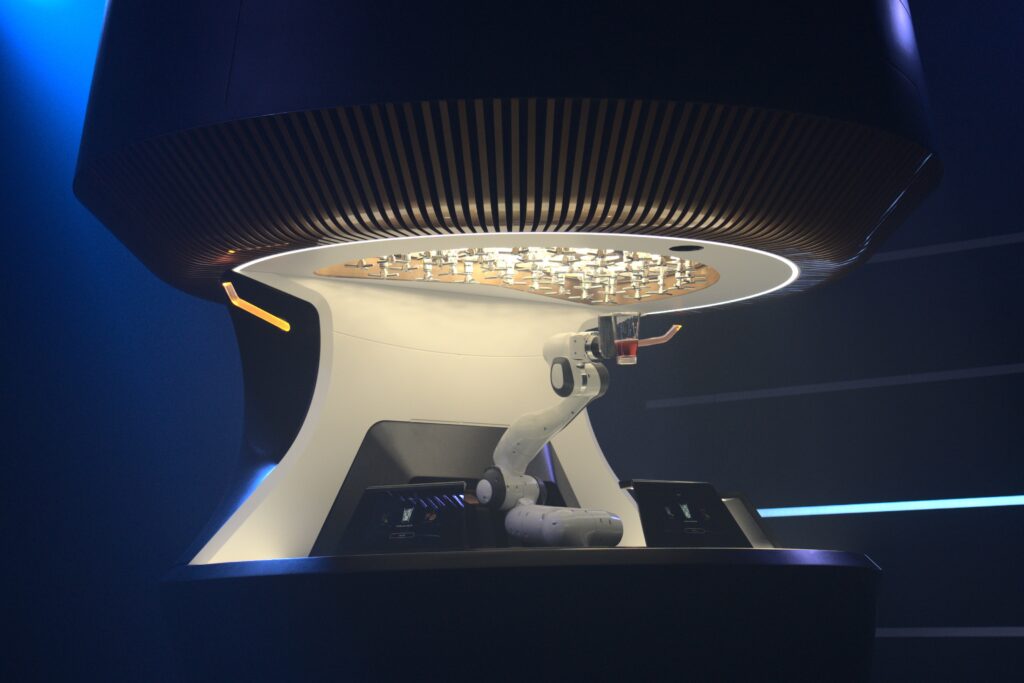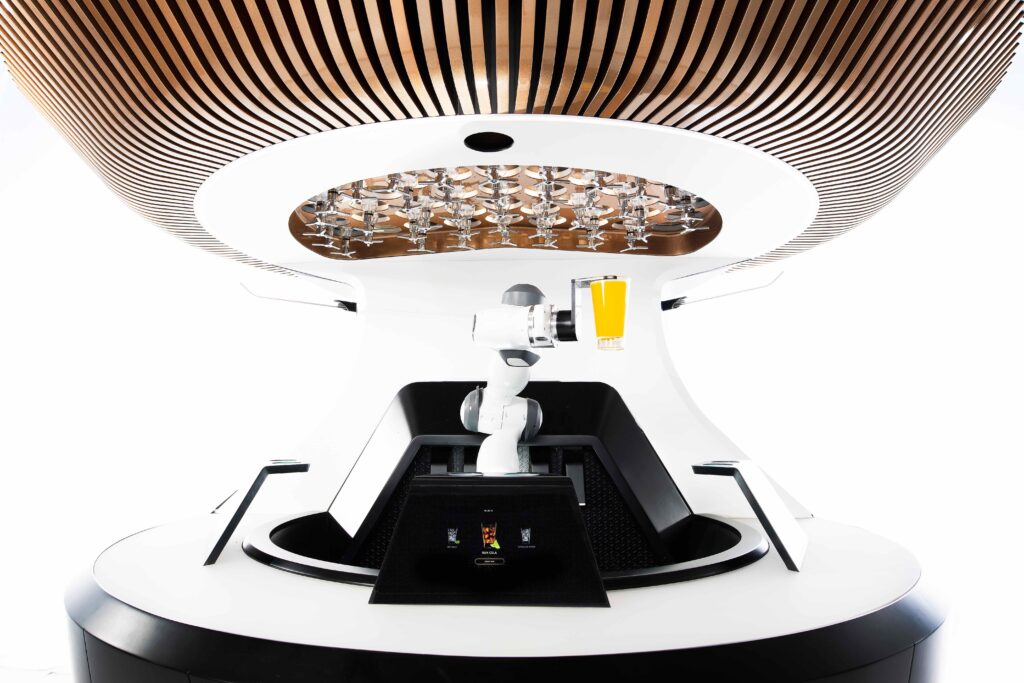The UNESCO-linked International Research Centre in Artificial Intelligence has released a list of 100 artificial intelligence projects across the world that contribute to UN’s “sustainable development goals”; four solutions from Estonia are on the list.
The Ljubljana, Slovenia-based centre said the list’s main aim is to scope and showcase solutions from around the world and contribute to the “sustainable development goals”, agreed by the United Nations in 2015. Among the goals are “zero hunger”, “clean water”, “gender equality” and “peace and justice” in the world by 2030.
The centre said it lists solutions that are applicable and can credibly solve a “real-life problem” in development with a considered emphasis on ethics.
From Estonia, four solutions were listed:
The automation of investment promotion at the Estonian Investment Agency
The state-run Invest in Estonia agency is using technology to help potential foreign investors get to know about business opportunities in Estonia. The agency’s set of integrated, yet separate non-human agents, most of them in the form of web services, combines various technologies and concepts, with the single goal of providing potential investors with the information they need, when they need it.
“During the period of 2019 – 2023, the [Estonian] Investment Agency’s goal is to facilitate 1.3 billion euros of foreign investment and the creation of 5,000 new high added-value jobs across the regions Estonia. Researchers have found positive correlations between the amount of resources an investment promotion agency can use, and the results it can achieve. However, it is also possible to use technology to make the investment promotion processes more effective and thus achieve more with less,” the UNESCO’s research centre said.
The automation’s development is at early stage.
Bitskout
A private company, Bitskout runs a software platform that allows adding readymade AI models to projects. “By working as a plugin to project management tools and being no-code user interface only solution, Bitskout gives a possibility to use AI by everyone democratising access to state-of-the-art technologies.” The centre describes the product as “promising”.
Bürokratt
Developed by the Estonian economic affairs ministry, Bürokratt (formerly known as KrattAI) will be an interoperable network of AI applications, which enable citizens to use public services with virtual assistants through text and voice-based interaction. “KrattAI is the vision of how digital public services should work in the age of artificial intelligence.”
The name Bürokratt is a wordplay on the Estonian words of bürokraat (bureaucrat in English) and kratt. In the old Estonian mythology, the kratt is a magical creature that was formed from hay or of old household implements by its master, who then had to give the devil three drops of blood for the devil to bring life to the kratt. The kratt was notable for doing everything the master ordered it to – it was necessary for it to constantly keep working, otherwise it would turn dangerous to its owner.
The product is at early-stage development.
The Yanu robot bartender
Yanu, a private company, is building an autonomous, contactless, AI-powered robot bartender “to change the future of bartending” and servicing customers in busy venues around the world. “It is fast, compact, standalone, asks no salary, communicates, identifies, and takes payments. It is something that will cut your costs dramatically and boost your business revenues to new highs.”
There is, however, the ethical question – wouldn’t the robot bartender leave human bartenders without their jobs? But Yanu said, according to the centre, that “there is a huge need for people to do the jobs that are less and less attractive.”
Yanu’s name is a wordplay on the Estonian word, “janu”, meaning thirst in English. The product is at early-stage development.
The International Research Centre in Artificial Intelligence was established in Slovenia in 2020. It is not legally part of UNESCO, but is funded by the agency’s member states.
The Paris-based UNESCO is a specialised agency of the United Nations aimed at promoting world peace and security through the international cooperation in education, arts, sciences, and culture.
Cover: Yanu’s robot bartender. Picture by Yanu.




